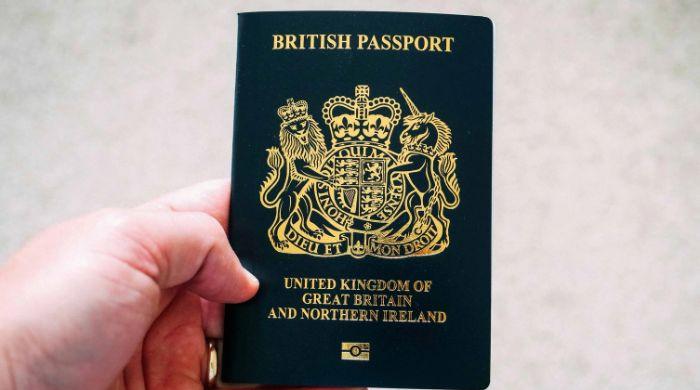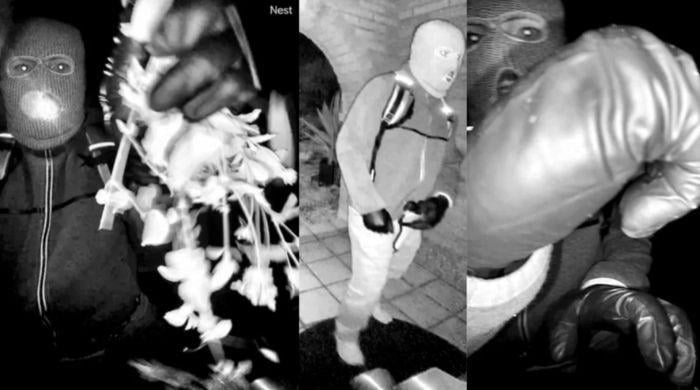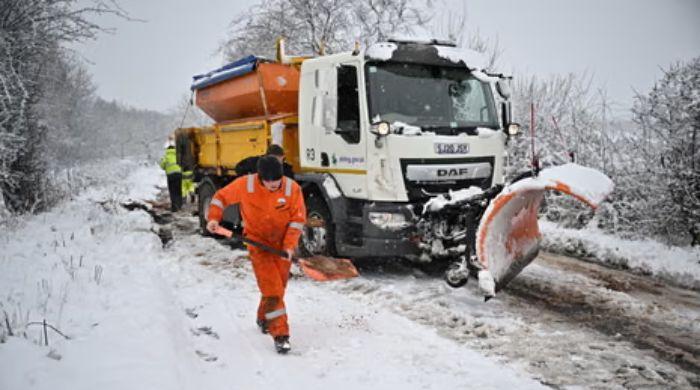Johnson & Johnson denies ovarian cancer links as thousands file talcum powder lawsuit
Did a household name cause ovarian cancer? Johnson & Johnson faces UK showdown
October 16, 2025
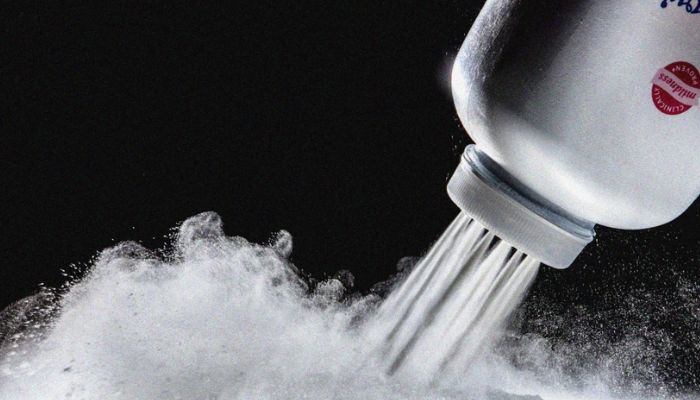
More than 3,000 UK citizens are taking healthcare giant Johnson & Johnson to court, alleging its talc-based baby powder caused their cancer.
Claimants also accused the company that “they already knew,” accusing the company of a decades-long cover-up.
The landmark lawsuit has been filed at the High Court in London, representing one of the largest product liability cases in British history.
According to the claimants, Johnson and Johnson (J&J) had been selling baby powder contaminated with asbestos, a known carcinogen, for decades knowing that the product was dangerous and hiding the truth about it.
A lawsuit filed by KP Law on behalf of persons who contracted ovarian cancer or mesothelioma is potentially worth hundreds of millions of pounds in damages.
It claims that J&J had known since the 1960s that its talc contained asbestos fibers, but concealed this fact using internal company documents.
Allegation of a decades-long over-up
Court records allege that the lawsuit accuses J&J of a concerted action to defend its lucrative product.
Michael Rawlinson KC, who was representing the claimants, said that the company hid the facts, lobbying the regulators to accept less sensitive testing techniques, and funded research to minimize the risks of its talc.
A claim by 1973, which was made using a single internal company letter that allegedly said: "Our baby powder contains talc fragments which could be classified as fiber. Sometimes traces of tremolite or actinolite sub-trace quantities can be detected.... - minerals which take the asbestos type in their fibrous forms."
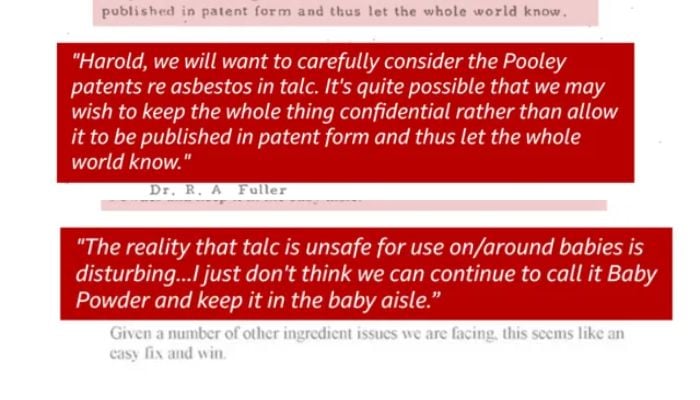
The plaintiffs believe that they should have issued warnings rather than further advertising the powder as pure and safe, namely to new mothers, and, subsequently, African American women.
Company denies all allegations
J&J, and its consumer health spin-off Kenvue which now deal with the allegations outside North America vehemently deny the claims.
A spokesperson of Kenvue stated, “The safety of Johnson’s Baby Powder is backed by years of testing... did not contain asbestos, and does not cause cancer.”
The company has stated that the internal documents mentioned in the suit are misrepresented and that negotiations on the issues of the patents and testing standards were a regular part of business.
Personal tragedies fuel legal battle
The case is driven by highly emotional narratives.
Janet Fuschillo, 75, one of the claimants who was diagnosed with ovarian cancer seven years ago, reported that she had sprayed the powder on herself and her four children for almost 50 years.
She told the BBC that she had been doing her best to help them.
Patricia Angell is another claimant who claims that her husband Edward died in 2006 of mesothelioma.
She claimed that although he worked as an electrician and had never been exposed to asbestos, he was taking Johnson & Johnson talc daily.
Edward's autopsy report contained the name of talc, she said, as well as asbestos strains in contaminated talc.
The court’s verdict will be highly significant as it could set a major precedent for consumer product liability in the UK.






